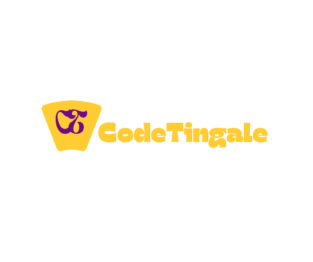Introduction
In today’s fast-paced digital world, website loading speed is crucial for user experience and search engine ranking. Slow loading times can frustrate visitors and lead to higher bounce rates. Here are five effective ways to improve your website’s loading speed.
Optimize Images
Large images can significantly slow down your website. Ensure that all images are optimized before uploading. You can use tools like TinyPNG or JPEG-Optimizer to compress image files without compromising on quality. Additionally, consider using modern image formats like WebP for better compression and faster loading times.
Enable Browser Caching
Browser caching allows frequently accessed files to be stored in the user’s browser, reducing the need to reload them every time a visitor returns to your website. By setting an appropriate expiration date for your cache, you can drastically improve your website’s loading speed. This can be easily implemented by modifying your server’s .htaccess file or using a caching plugin if you are on a CMS like WordPress.
Minimize HTTP Requests
Each element on your webpage, such as images, stylesheets, and scripts, requires a separate HTTP request. Reducing the number of these requests can speed up your website. Combine multiple CSS files into one and use inline CSS where possible. Similarly, minimize the use of JavaScript and combine multiple scripts into a single file.
Utilize Content Delivery Networks (CDNs)
CDNs distribute your website’s content across multiple servers located around the world. This ensures that users can access your site from a server that is geographically closer to them, reducing latency and improving loading speed. Popular CDNs like Cloudflare and Amazon CloudFront offer reliable and cost-effective solutions.
Conclusion
Improving your website’s loading speed is essential for providing a better user experience and boosting your search engine rankings. By optimizing images, enabling browser caching, minimizing HTTP requests, and utilizing CDNs, you can significantly enhance your website’s performance. Implement these strategies today to see immediate improvements.
